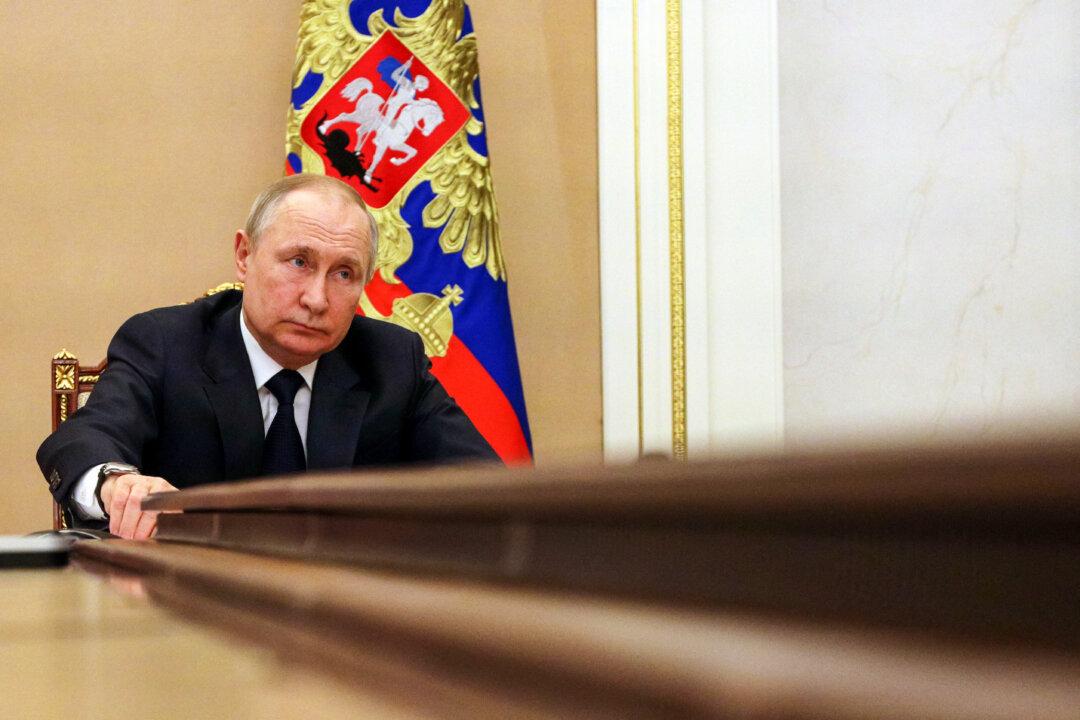Russia is willing to enter talks with Ukraine, as long as they reflect “realities on the ground,” Russian President Vladimir Putin said in an interview with state media.
“Are we ready for negotiations? Yes, we are,” the Russian leader said in the interview, which was broadcast on March 13.





